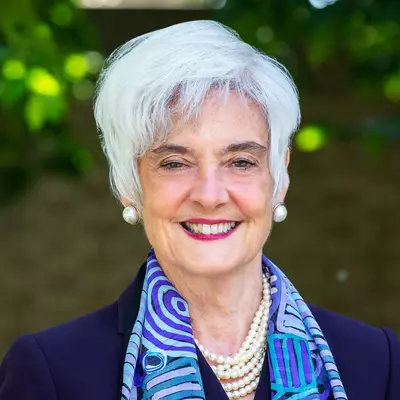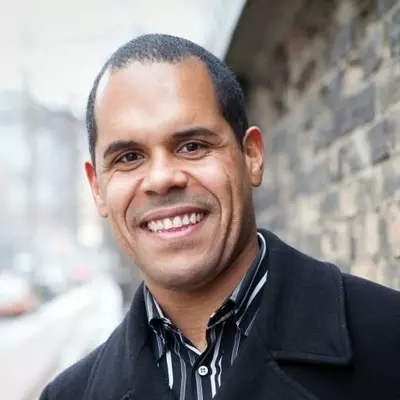MQIISP Policy Seminar Series: Session 7 – Falling Through the Cracks
This was the seventh online policy seminar in the Challenges and Opportunities for Social Policy in the Coming Decade series. The policy seminars were organized in part by policy sector, focusing on the tools available in different sectors; however, each panel considered how policies interconnect, and how vulnerable groups intersect to create concentrations of advantage and disadvantage.
Persons with disabilities (12:00pm – 1:00pm)
Like all Canadians, people with disabilities and chronic health conditions rely on four key institutions for economic support: labour markets, savings/credit markets, family, and government supports. Accessing each, or a combination, presents barriers of various sorts, such as stringent and/or complex eligibility requirements imposed by government programs and financial institutions, labour market fluctuations, limited household resources, stresses on informal caregivers, and limited awareness of available support. Pandemic-related supports like CERB helped many working people with disabilities health in different ways and revealed the gaps in the existing infrastructure. This experience, as well as models of support in other jurisdictions, further illustrated the need and the possibilities for re-thinking support for people with disabilities.
Speakers:
Michael Prince, Lansdowne Professor of Social Policy, University of Victoria.
Susanne Bruyère, Professor of Disability Studies, Director of the Yang-Tan Institute on Employment and Disability, Cornell University
Moderator:
Sherri Torjman, Former Vice President, Caledon Institute on Social Policy.
Mental Health (1:05pm – 2:00pm)
The human, social and economic costs of mental illness in Canada are huge, and unevenly borne. According to the Centre for Addiction and Mental Health (CAMH), “mental illness is a leading cause of disability in this country, preventing nearly 500,000 employed Canadians from attending work each week.” One-third of Canadians aged 15 or older and 75 percent of children have mental health care needs that are not being fully met. Mental health and addiction often co-occur. Homelessness is sometimes the result. While these issues cut across all socio-economic groups, some are more adversely impacted. For example, Aboriginal youth are about five to six times more likely to die by suicide than non-Aboriginal youth. There are no simple answers. Addressing these critical problems means mobilizing resources at multiple levels – communities and governments. What are priorities for action? What is known about best practices? What barriers need to be overcome such as lack of integrated services?
Speakers:
Howard Goldman, Professor of Psychiatry, University of Maryland School of Medicine; Natinal Council on Mental Wellbeing
Kwame McKenzie, Director of Health Equity, Centre for Addiction and Mental Health (CAMH)
Moderator:
Tatum Wilson, CEO of Children's Mental Health Ontario
For more information about this series and The Next Wave: Challenges & Opportunities for Social Policy Conference, please visit: https://munkschool.utoronto.ca/munk-school-queens-international-institute-social-policy





